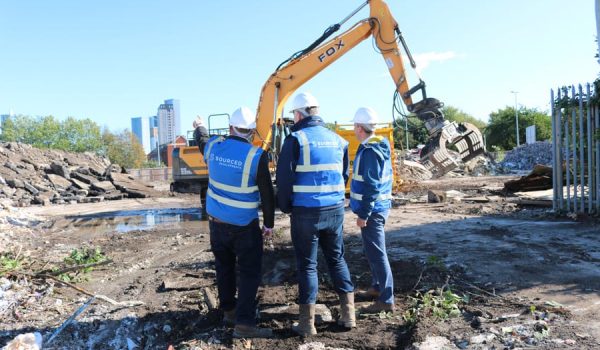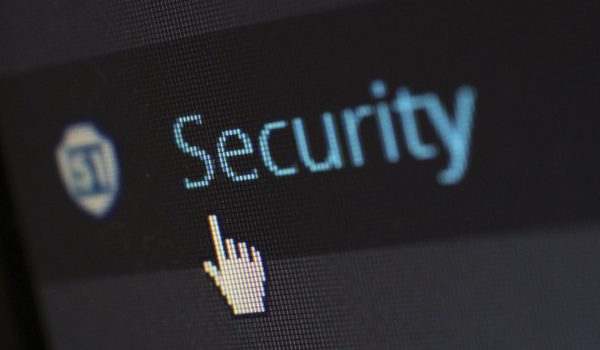Keeping costs low and maximising returns on your investment properties should be the aim of all property investors, right? Well as many of you may know, this is easier said than done. That’s why in today’s blog we will look at some general costs and tips to help you maximise the returns on your investment properties.
Empty/void periods: This can be an expensive cost that occurs during transitions between tenants. Even if you have a tenant lined up there always tends to be a minor void period. This period only gets larger and more of an issue in slow markets or if the property requires repair work before the new tenant arrives. To minimise this cost, you should ensure that you plan in terms of trying to line up future tenants and keeping on top of repairs to reduce the length of void periods. In terms of the issue of a slow market, there’s not much you can do as an individual to change this. However, you can prepare for this problem by setting aside some funds to help compensate for future void periods, as you must remember your running costs will be ongoing despite the lack of a tenant.
Maintenance and repairs: We have touched on this point already regarding void periods, but repair costs alone can be very costly to landlords. In all honesty, repair costs are difficult to predict as there’s an abundance of things that can go wrong in a property from a faulty boiler or burst pipe to poor tenant hygiene or a natural disaster. All of which are near to impossible to predict/prevent. Nevertheless, the financial implications of said repairs can be reduced via insurance policies, extended warranties and emergency repair services. To expand further, extended warranties on furnishing or appliances will allow you to return a faulty product over a longer time period rather than having to pay for a replacement. And in terms of landlord emergency repair services, companies can be paid on a monthly or annual basis to provide emergency care when electrical or plumbing faults occur( e.g. British Gas).
Letting agent management fees: Management fees are paid to the agent for managing the property for the landlord. The agent will visit the property for monthly check-ups. They are also the point of contact for the tenant if anything goes wrong. These fees also apply to landlords who use letting agents in order to find tenants for their property. Not only must a pricey up-front cost be paid for the acquisition of the tenant, but you may face tenancy renewal fees which must be paid annually, in order to “keep hold of your tenant,” claim the letting agents. The best way to avoid these fees, and do what many landlords are doing these days, is to become self-managed. This will make it more difficult for you to find tenants but help you cut costs, the choice is yours.
Know your tenants: Every landlord dreams of having a perfect tenant, but this is rarely the case. If you want to try and avoid the additional costs of having a troublesome tenant, then make sure you get to know them a little before making anything official. Issues you could come across may be that your tenant smokes, which can be damaging to the property over time. Additionally, your tenant may own pets. Despite many landlords choosing to not to allow pets to stay in their properties, some landlords take this lack of supply to increase rent prices. But if you choose to do so then obviously you must be wary of the additional costs that come with pets and whether you think this trade off will be profitable or not.
Summary
So, what have we learned today? Having a contingency pot of money is an ideal solution to unexpected costs and can help you out of difficult situations. Also, some costs can be avoided but come with drawbacks such as avoiding the use of letting agents or allowing pets into your property. Costs such as insurance policies, extended warranties and landlord emergency repair services can also be avoided but this could end up costing you a lot more in the long-term. These decisions are entirely up to you on your path to becoming a successful landlord.



